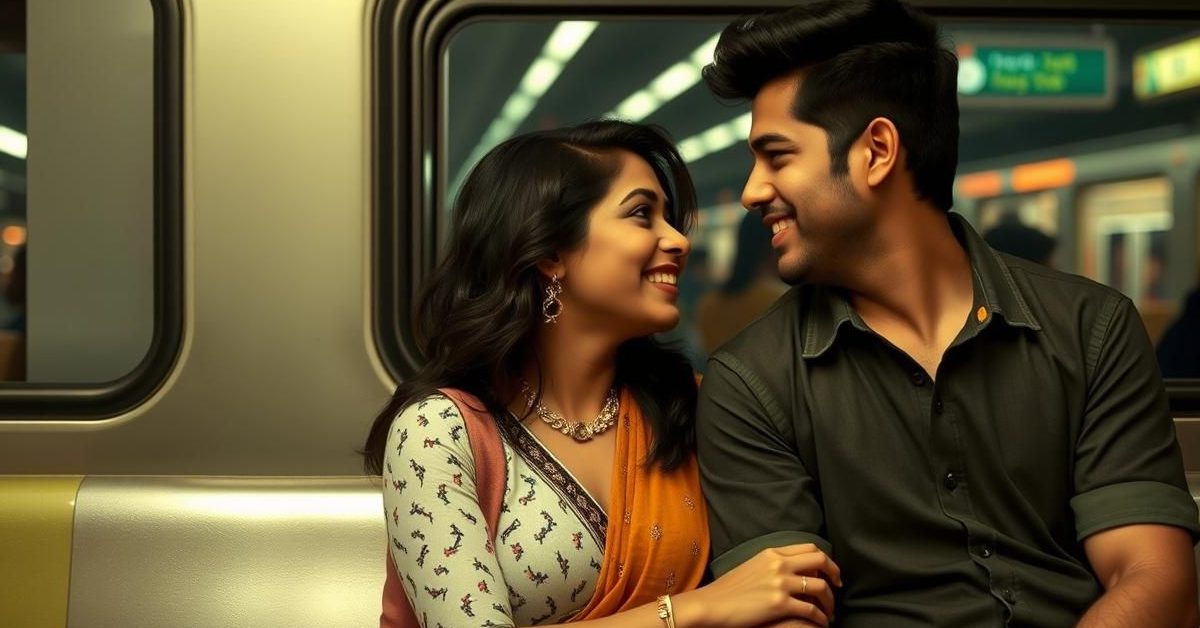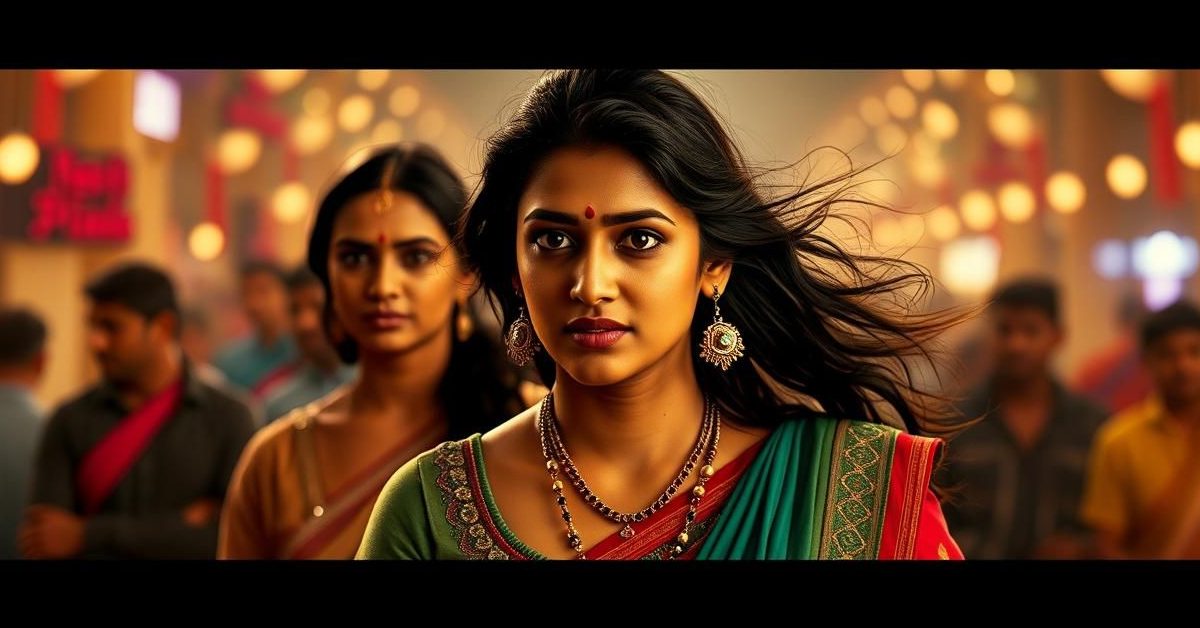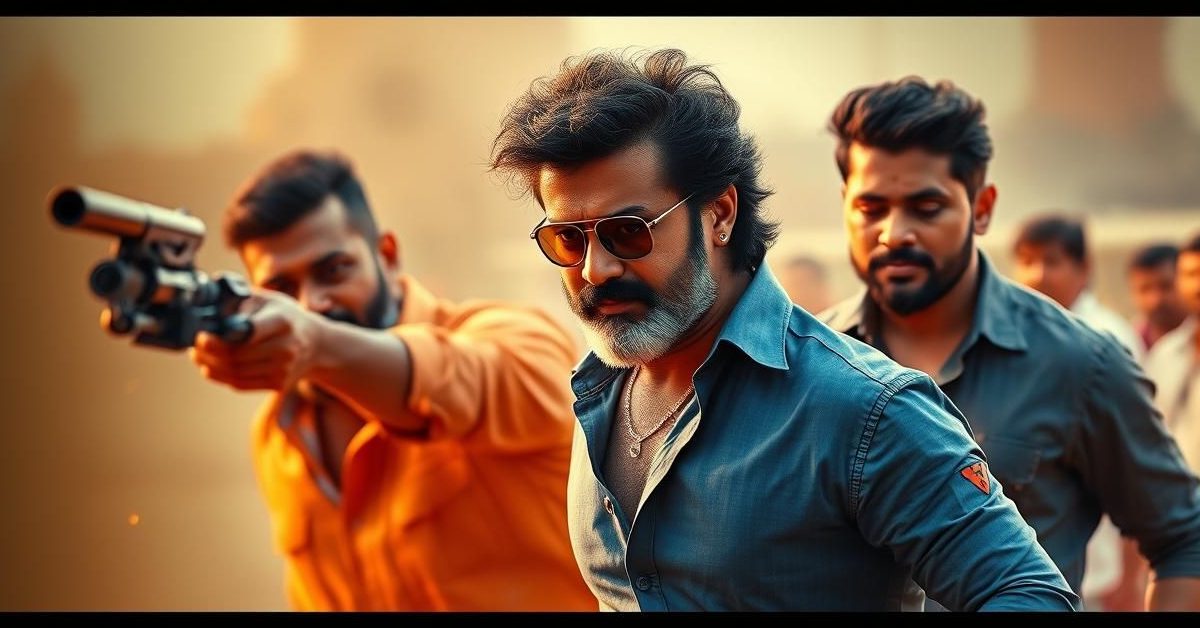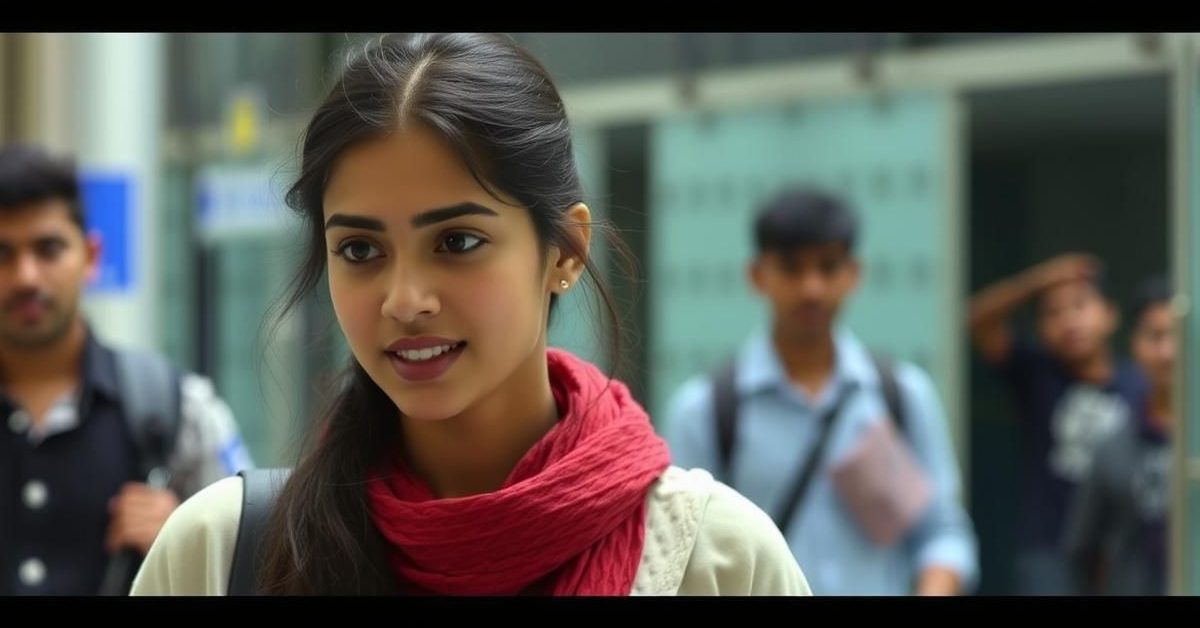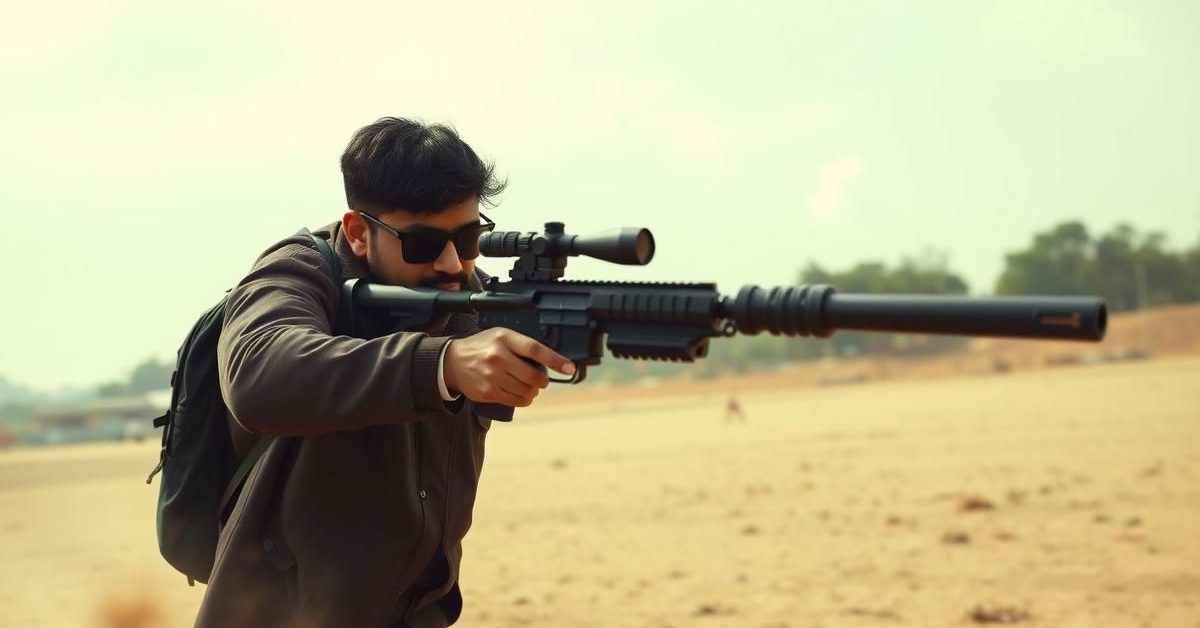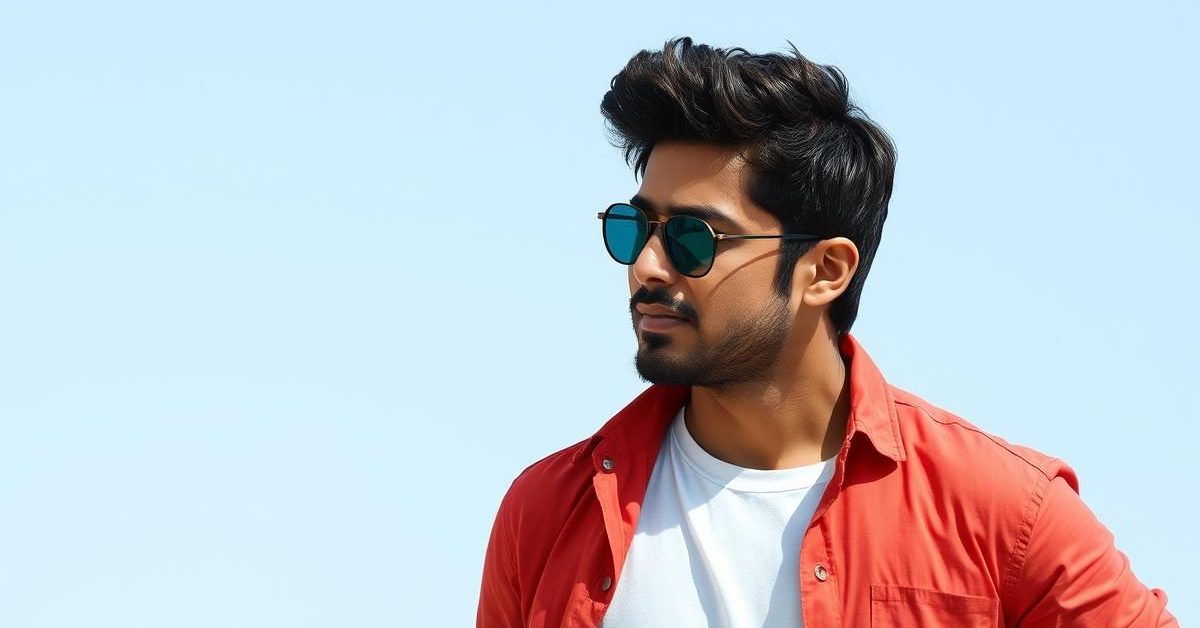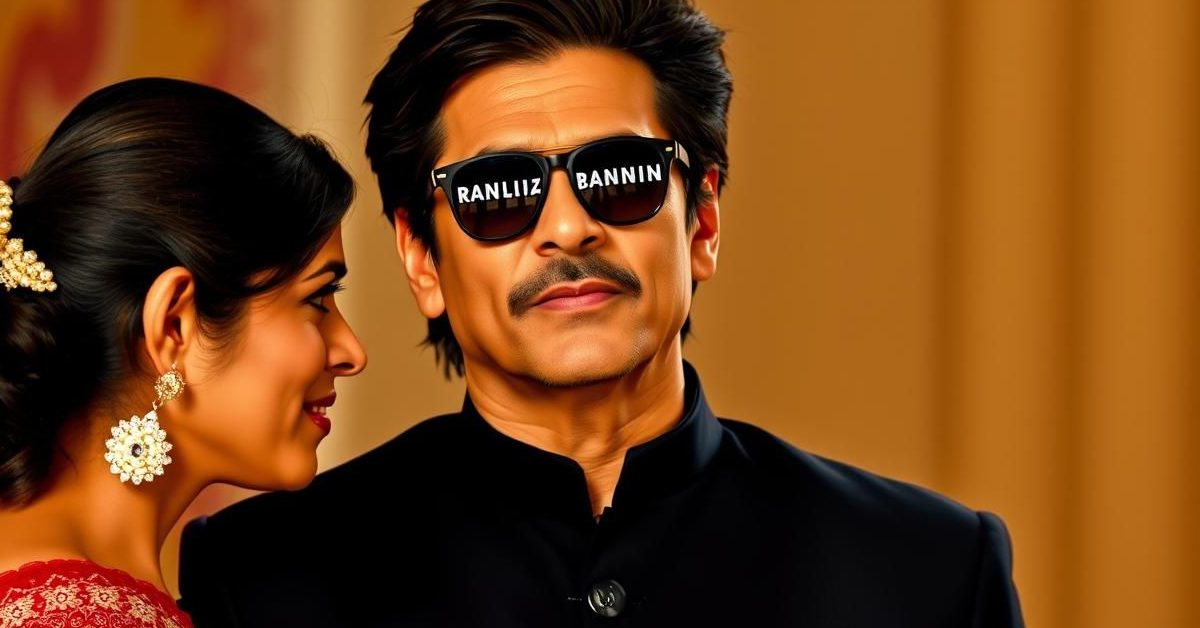Metro In Dino, a spiritual sequel to 2007’s Life in a Metro, arrives as a refreshing break from typical action films but largely sticks to traditional relationship narratives, raising questions about its relevance to modern love.
A Nod to the Original
Released almost two decades after the critically acclaimed Life in a Metro, Metro In Dino pays several tributes to its predecessor. Konkona Sensharma is the only returning cast member, but others like Pankaj Tripathi, Neena Gupta, and Fatima Sana Sheikh play characters with namesakes from the original.
Aditya Roy Kapur reprises Shilpa Shetty’s memorable dialogue, “Shaadi kuch sikhaye na sikhaye, acting karna sikha deti hain” (marriage may not teach you much, but it teaches you how to act). Sara Ali Khan also gets to recreate iconic moments from the original’s Konkona and Irrfan storyline.
The film features a band, this time with Pritam, Papon, and Raghav Chaitanya, who offer musical reflections on the on-screen events, often acting as a chorus when characters sing their dialogues or break into song.
Missing Modernity
While Metro In Dino is a welcome change from testosterone-heavy blockbusters, it offers limited new insights into contemporary romance. Much has changed since 2007: social media has redefined self-perception, dating apps offer instant connections, and commitment has become more elusive.
The legal landscape has shifted, decriminalizing same-sex relationships, and new relationship terms like “situationships” and “ghosting” are common. Yet, the film largely ignores these evolutions.
There’s a noticeable lack of diverse representation, with no central queer or inter-religious couples. This conservative approach stifles the film’s ability to explore what love truly looks like in 2025.
Old-Fashioned Love
Director Anurag Basu leans into traditional ideas of marriage as a “pavitra rishta” (sacred bond) and a lifelong commitment. Husbands are often depicted with “Ek hi bhool” (one mistake) issues, using boredom or gender as excuses for infidelity. Their wives react with anger, consider straying, but ultimately forgive them.
One wife almost cheats but feels so guilty that she quits her job and moves in with her husband’s roommates. Anupam Kher’s character even pushes his daughter-in-law to “move on,” which predictably means finding a new male partner.
The film frequently shies away from difficult, uncomfortable situations. Music and lighting soften messy conflicts, and communication struggles are often masked with comedy or melodrama. The only truly memorable confrontation, between Konkona and Neena Gupta, highlights a missed opportunity for more raw, authentic emotional moments.
Life in a Metro’s Edge
In many ways, the 2007 original, Life in a Metro, was more emotionally complex and progressive. It embraced anger, lust, love, ambition, and desperation without judgment.
Shilpa Shetty’s character explicitly challenged her husband’s chauvinism. Kangana Ranaut’s character wasn’t judged for sleeping with a married man, nor was Sharman Joshi for his flat being a rendezvous point. The film depicted a married woman falling for a younger man yet choosing her child, and an elderly couple’s palpable desire.
Mumbai played a crucial role in the first film, acting as both cupid and heartbreaker, reflecting the city’s impact on relationships. In contrast, Metro In Dino spreads its narrative across four cities, but none truly add depth or subtext to the story, unlike Mumbai’s iconic presence.
- Metro In Dino is a spiritual sequel to 2007’s Life in a Metro, featuring some nods to the original.
- The film adopts a conservative view of relationships, largely ignoring modern complexities and diverse representation.
- The original Life in a Metro was arguably more progressive and emotionally nuanced, despite being made nearly two decades ago.
As much as it’s welcome to see more romantic dramas in cinemas, film has the power to reflect and challenge our perceptions. Here’s hoping future filmmakers embrace the full spectrum of what it’s like to live and love in contemporary times.
